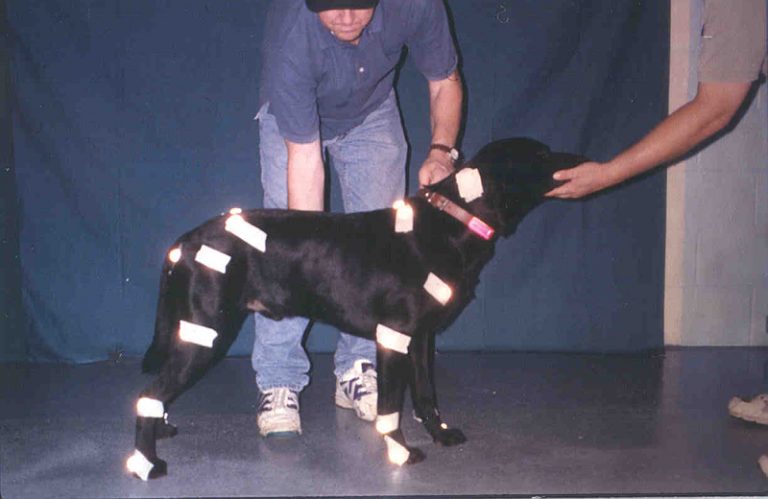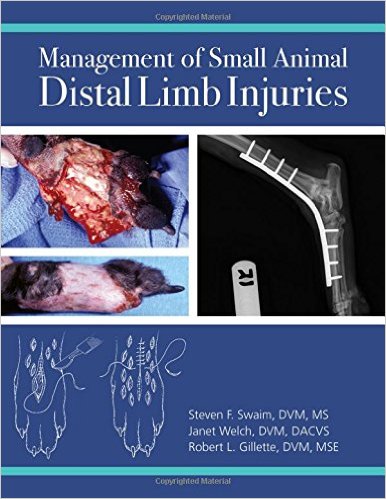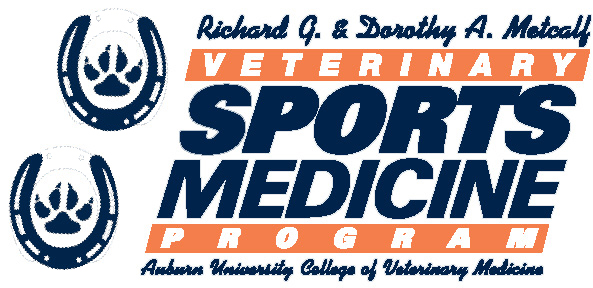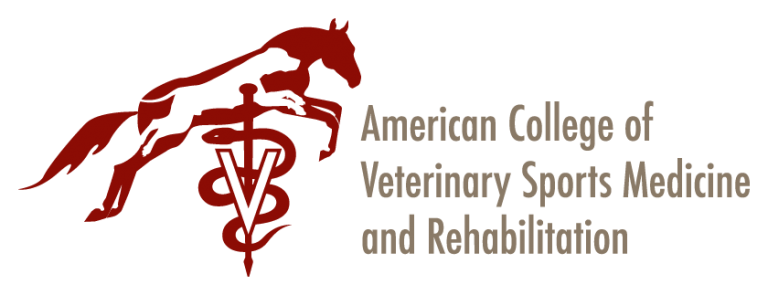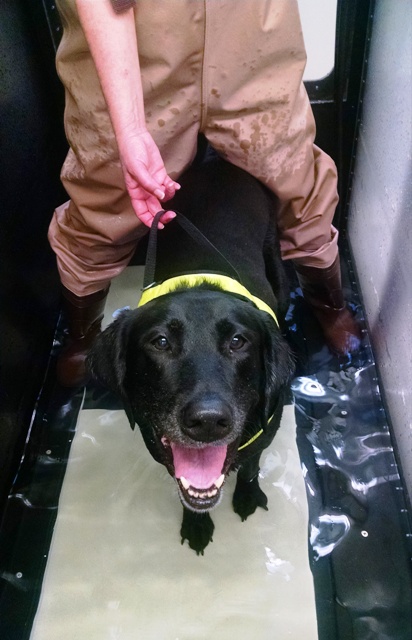ABOUT
“The most important element of canine sports medicine is recognizing the athleticism of the patient.”
THIS IS THE WEBSITE OF DR. ROBERT L. GILLETTE
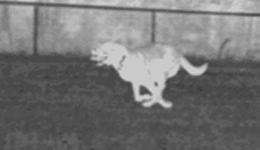
Dr. Gillette has devoted his veterinary career to athletic and working dogs. He was born and raised in Great Bend, KS, a town in central Kansas, where he did a lot of Bird Hunting. His first interactions with Athletic and Working dogs were Retrievers and Pointers. Through an introduction by Dr. Earl Carlson (Mile High Kennel Club, Denver, CO) in 1985, he became interested in Racing Greyhounds and began raising and racing greyhounds in 1990. It was this experience that led him down the path of Canine Sports Medicine. He started using the sports medicine philosophies in his hunting dog, agility, coursing, disc dog and herding dog patients. He realized that the canine athlete or working dog needs a different, higher level of medicine than the general pet population. After a move to Auburn, AL, He expanded his experiences by working with Foxhound Kennels, Professional Hunting Dog Kennels and Sled Dogs. He was also introduced to military working dogs and local, state and federal canine teams that included detection dogs, sentry dogs and tracking/trailing dogs.
ACADEMIC & PROFESSIONAL BACKGROUND
